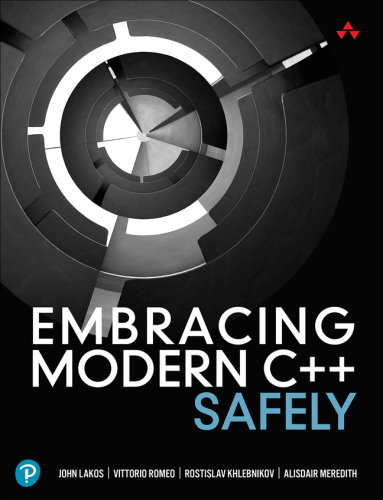VS Code C++ Extension January Update: Create Definitions and Declarations -- Alexandra Kemper
You can now create declarations from definitions and vice versa in Visual Studio Code.
VS Code C++ Extension January Update: Create Definitions and Declarations
by Alexandra Kemper
From the article:
Starting with the 1.13.6 version of the C++ Extension in VS Code, we are happy to share a much requested feature: Auto creation of definitions or declarations for functions! You can now quickly create a declaration in a header file for a function you only have a definition for, or vice versa. These generated definitions and declarations already include all function arguments, so no need for constant copying, pasting, and double checking.

 The "Safely Tome" has landed, and we have a review from the author of C++ Stories:
The "Safely Tome" has landed, and we have a review from the author of C++ Stories:
 C++23 is done!
C++23 is done! That little extra we might equip builder classes with:
That little extra we might equip builder classes with: As the blurb says, "The C++ integral and floating-types zoo"...
As the blurb says, "The C++ integral and floating-types zoo"... Speaking of off-by-six errors...
Speaking of off-by-six errors...